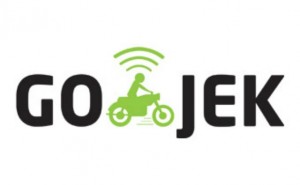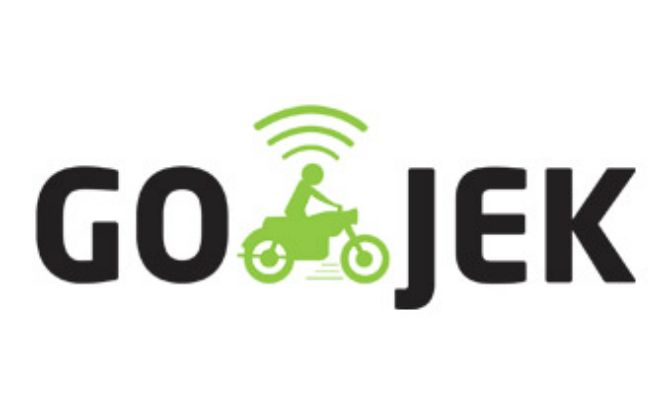Acquisition to boost the Indonesian start-up’s product development, design and engineering divisions
GO-JEK, Indonesia’s largest start-up has acquired Leftshift, a Pune- based mobile application developer that specialized in designing and engineering mobile applications for popular start-ups such as BookMyShow and Walnut. The acquisition is aimed at strengthening and upscaling GO-JEK’s product development, design and engineering platforms to support the unicorn’s burgeoning Indonesia operations.
based mobile application developer that specialized in designing and engineering mobile applications for popular start-ups such as BookMyShow and Walnut. The acquisition is aimed at strengthening and upscaling GO-JEK’s product development, design and engineering platforms to support the unicorn’s burgeoning Indonesia operations.
This is the fourth Indian start-up acquisition by the Indonesian unicorn and the second this year – in August, it had acquired Bangalore-based Pianta, a start-up that specialized in on-demand home healthcare services.
Following the acquisition, Leftshift will completely assimilate into GO-JEK’s India arm, GO-JEK Engineering India, with its operations and 42 staff members also relocating from Pune to GO-JEK’s India headquarters in Bangalore. GO-JEK Engineering India focuses on product innovation, mining data and crafting consumer experiences for its parent company GO-JEK. With this acquisition, the India headcount of the company will swell from 60 to well over 100.
“Our partnership with Leftshift over the last one year has been an amazing experience – they are arguably among the best mobile app developers in the country. We look forward to their immensely capable team becoming a part of the GO-JEK family”, said Sidu Ponnappa, Managing Director, GO-JEK Engineering India.
Leftshift Technologies Pvt Ltd was started in 2007 by Sudhanshu Raheja and Abhinit Tiwari with the intent of creating “loveable apps” that people would find easy and convenient to use. Since its inception, the bootstrapped start-up had quickly gone on to become a mobile development powerhouse – designing and engineering over 200 user-friendly apps for a number of well-known start-ups and large companies such as Craftsvilla, Practo, Byju’s, NH7, CitrusPay, PepperTap, Airtel and Emerson. In the last couple of years alone, these apps collectively have been downloaded more than 42 million times and several of them have been featured on the App Store.
Prior to the acquisition, Leftshift was engaged with GO-JEK on a regular basis to support the latter in the development of its mobile app. Apart from GO-JEK, the firm also has a track record of building apps for other well-known and fast growing Indonesian start-ups like Tokopedia and Veritrans.
Sudhanshu Raheja, founder and CEO, Leftshift said, “The opportunities and challenges at GO-JEK are beyond thrilling. Being fully aware of its operations, we immediately knew that our resources and technology would certainly complement and accelerate product development at GO-JEK. Moreover, the fact that our work would help millions of GO-JEK mobile app users in Indonesia is something we are very excited about as well.”
Founded in 2011 by Harvard graduate Nadiem Makarim, GO-JEK is currently the fastest growing start-up in South Asia and the largest in Indonesia in terms of valuation, funding raised and number of transactions. Having started as a bike-taxi business, the start-up has diversified into food delivery, one-hour courier delivery, grocery delivery and even has aggregated trucks on its platform. It has partnered with 200,000 motorcycle drivers and 5,000 trucks across Indonesia, all of whom, collectively cover an average distance of 4.5 million kilometres daily.
In August 2016, GO-JEK had raised over $550 million in a new round of funding led by KKR and Warburg Pincus LLC, the largest ever for an Indonesian technology start-up. Following the deal, the start-up was valued at over $1.3 billion. GO-JEK competes against the likes of Uber and Grab, two private car-hailing start-ups in Indonesia’s flourishing ride-hailing industry.
With over 25 million app downloads, GO-JEK’s platform powers the Indonesian equivalents of Ola, Paytm, Swiggy, Grofers, Zomato, Dunzo and UrbanClap at a comparable scale. Its GO-FOOD business alone does more daily orders than all Indian food tech start-ups combined.
The company also stated that it intends to continue shoring up its India operations as it eyes more talent for key processes like data science, mobile, security and DevOps.




